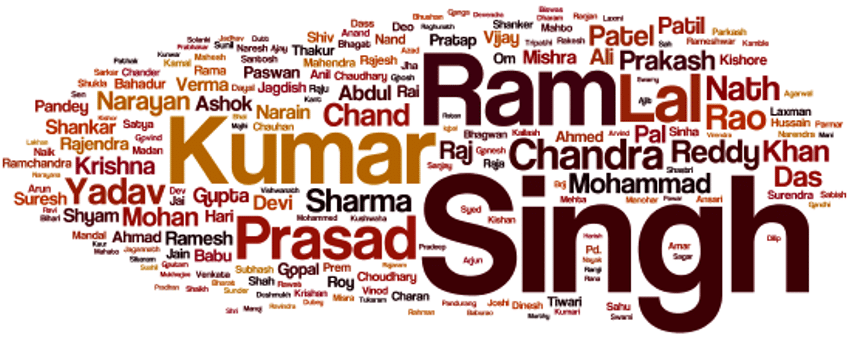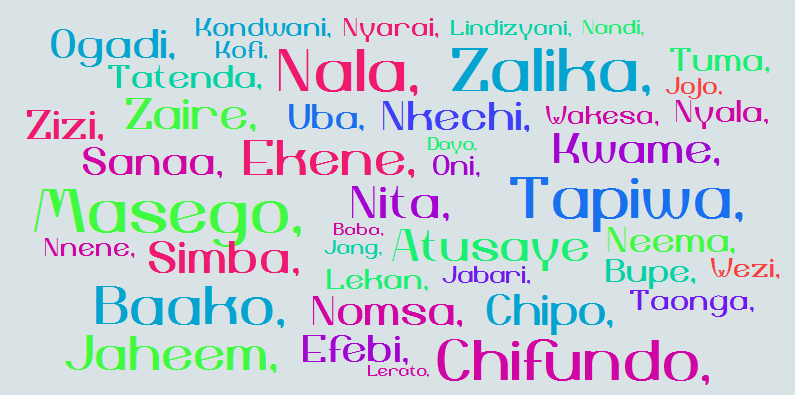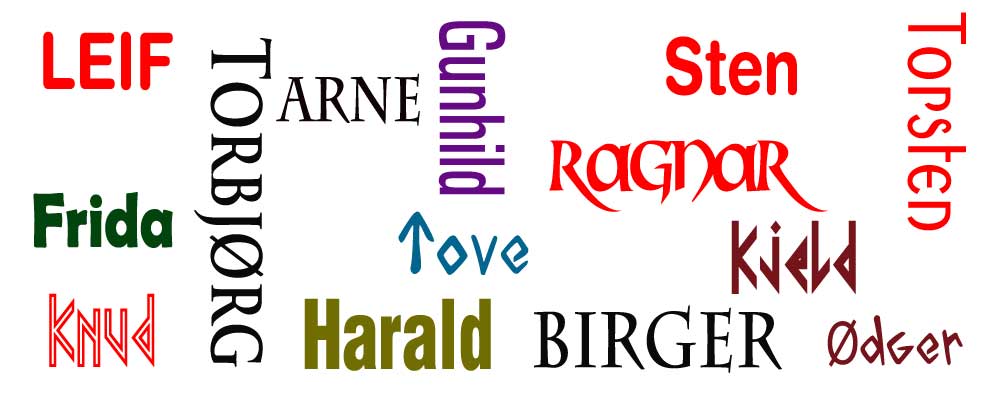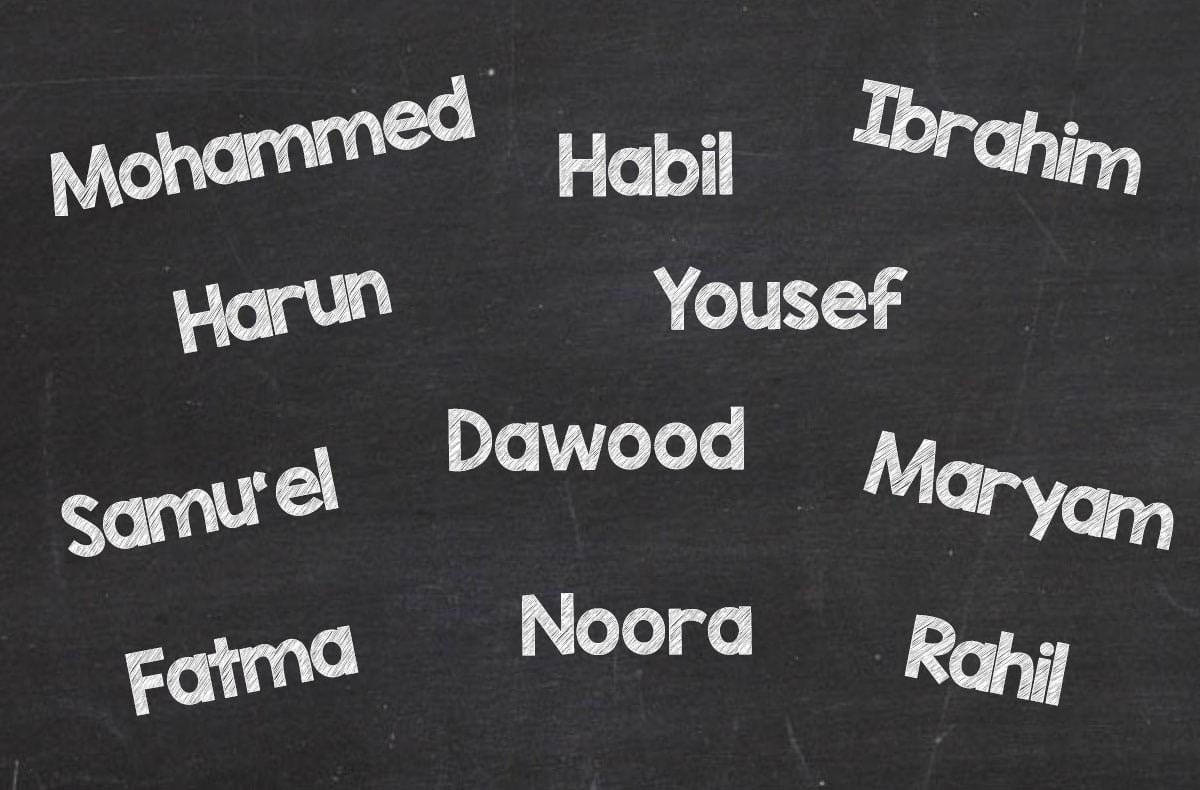Choosing a name for a newborn is one of the most important decisions parents must make.
Cultural traditions, family heritage, and personal preferences affect a baby’s name.
Specifically, when it comes to baby names, even they vary across different cultures.
Each culture has its unique naming nomenclature and certain sets of principles that they follow while naming a newborn baby.
From Indian to Nordic names, each culture has a unique flavor for naming babies.
In this article, we will look at how a baby boy’s name varies across different cultures worldwide.
Let’s get started!
1. Indian Names
When naming a baby in Indian culture, the origins of each name are mostly rooted in ancient tales, rich history, and diverse culture.
For instance, the name Arjun is a champion warrior from the Mahabharata.
The name means bright or shining, which also showcases the strength and valor of Arjun.
Take, for example, Aarav, which symbolizes peace and wisdom. We can say that Indian names have deep meanings and are mostly spiritual.
Since India is a country rich in color, it’s not uncommon to find regional variations of the same name and meaning.
There are numerous languages, along with tribal and regional languages, making India’s naming system vast and diverse.
In India, the concept of a surname is very strictly followed.
Generally, with the help of a person’s surname, the other person tends to gauge a person’s social status in society.
2. African Names
Like India, Africa also has a rich history and culture, which affects the baby’s naming.
For instance, Kwame is a name that is prevalent in Akan culture. This name signifies being born on a Saturday.
Not only this, but this name also means being connected to one root.
Moreover, names like Mandela are a way of showing tribute to Nelson Mandela and his strength and perseverance.
Interestingly, African names are often inspired by nature and often symbolize the symbiotic relationship between individuals and the environment.
In African tradition, the connection to nature is more than personal; they consider the bond communal.
In other words, nature brings families together and makes them reside in a place for generations to come.
If you want to give your newborn baby an African name, remember that these names are not the easiest to pronounce.
3. Nordic Names
Nordic culture has often been associated with timeless strength. That is why even the Nordic baby names carry the same weight.
Like Indian and African names, Nordic names are also influenced by their culture, mythology, and religious beliefs.
For instance, names like Thor, the mighty god of thunder, carry a sense of power and resilience.
Erik, meaning eternal ruler, reflects the ancestors’ legacy, reminding everyone of the rich past.
As you might be aware, Nordic cultures give due importance to family lineage, which is reflected in the naming conventions.
Recently, nordic names have become powerful due to various superhero movies, Netflix shows, and documentaries about Norse mythologies.
4. Western Names
Every culture is influenced by tradition, past, and culture. However, western names are also heavily influenced by modern times.
In a way, western cultures have innovated the naming conventions, making others look beyond their past.
Some classic names like Alexander and William remind us of the famous kings and conquerors.
These names remain timeless and unique.
Yet, the Western naming landscape is not bound by the past alone. Contemporary names such as Aiden and Liam have emerged, showcasing a modern naming approach.
Other cultures that we talked about give high priority to spirituality in naming.
However, in Western tradition, the name is often guided by personal preference and by judging the characteristics of the individual.
5. Arabic Names
Arabic culture is famous for poetry, outstanding music, and heartfelt lyrics.
Arabic culture is inherently rooted in Islamic tradition and history, so needless to say, they go deep with their meanings.
For instance, names like Amir translate to “prince” or Zayd, meaning the concept of growth and abundance, which is deep in itself.
Arabic names carry that spiritual meaning, deriving inspiration from historical figures or the highly revered Allah.
Arabic names are often hard to spell and are only seen among followers of Islam and Arabic tradition.
Interested in learning more? Check out our previous blog, where we’ve covered the intricacies of baby boy nicknames in detail!
Conclusion
When deciding on a baby name for your boy, knowing how different world cultures name their babies is good.
It gives you all the necessary information and makes you think in various new directions.
From Indian to Arabic names, each culture has something unique to offer, making baby naming fun.
But let us tell you that knowing about the roots and meaning of a name is crucial.
Don’t overlook the practical elements of baby naming.
For instance, it should be readable, easy to pronounce and spell, a little bit known and unique simultaneously, etc.
Drop a comment and tell us how this blog helped you.
Frequently Asked Questions
How Do Different Cultures Choose Names?
Cultures choose names based on linguistic, religious, or historical significance. Family traditions, nature, and personal preferences also play a key role in naming a newborn. But don’t let anything restrict you from naming your baby boy, as there are no set rules, only conventions.
What Is the Pattern of Naming Around the World?
Naming patterns are different globally. Some cultures emphasize meanings, others focus on familial lineage, and some adopt modern trends. Moreover, cultural, religious, and historical contexts also shape the unique naming patterns observed in different regions.
What Is the Connection Between Name and Culture?
Today, we often use names to judge where the person has come from. Culture is very deeply embedded in our identity. Having a name that is primitive to a culture carries the essence of that particular community.
What Is the Oldest First Name in The World?
The oldest recorded first name is believed to be “Kushim,” which is found in Sumerian inscriptions dating back to around 3200 BCE. This ancient name showcases the enduring human tradition of personal identification. This proved that people throughout history needed unique names and no symbols or anything for proper identification.














